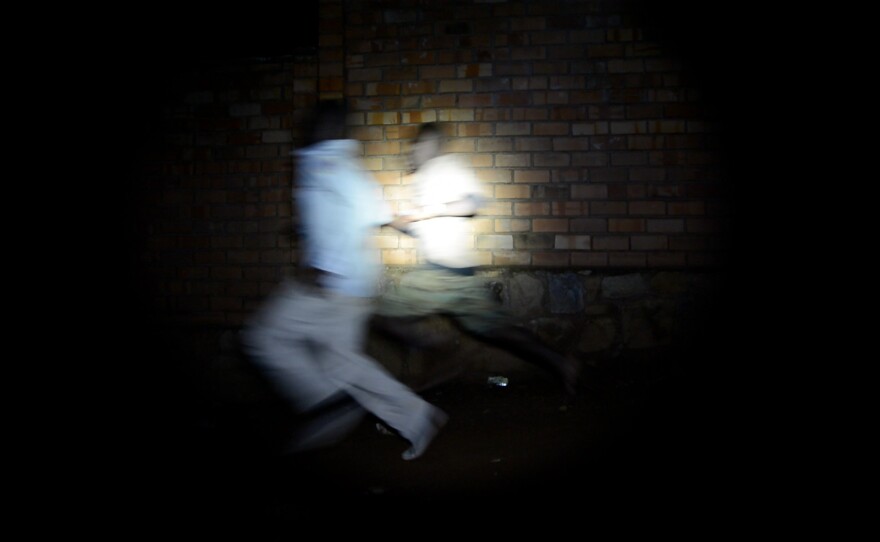Series explanation: This story is part of True/False Conversations, a series of in-depth interviews with the filmmakers of this year’s True/False Festival. Find the rest of them here or download the podcast on iTunes.
The film “Life After Death” follows Kwasa , an orphan in Rwanda, as he struggles for social opportunities in a land plagued by genocide. Kwasa battles with how to overcome his childhood experiences and become a better man through the help of his friend, Christian philanthropists, and two donors from Dallas, Texas, with whom he communicates through Facebook.
This film diverts from completely focusing on political and social issues to instead help the audience relate to whom Kwasa really is, a normal person living in their 20s.
I spoke with https://vimeo.com/user5254418">Joe Callander, the director of the film, about what he hopes the audience takes away from this not-so-typical movie in Africa.
How’d you get the idea for this film? What made you want to do it?
The people I work for do a lot of relief work and Suzette, one of my main employers, was looking for me to do a portrait on one of her adopted sons but Kwasa was much more animated.
Why tell the story now?
A lot of it is that the 20th anniversary of the genocide is this April, and I wanted kind of a look back on what’s going on for normal people and not so much a political piece or an issue piece, but what’s life like for someone in their early 20’s now.
You got pretty close to some of the people you were interviewing and just their lifestyle. What would you say were some of the biggest challenges that you faced when making this film?
Well, I shoot as a one man crew so there was times where I was doing two cameras and sound all by myself and you don’t probably notice it from the casual observer point of view, but this is a portrait film in a foreign language so a lot of the time I was shooting and just had no idea what they were saying.
What do you hope the audience takes away from this film?
I want a film to come out of Africa, especially Rwanda where there’s funny moments. I shot it, I did the sound, I edited it, I kind of go for some jokes in the editing. I mean, to me editing is one of the most important things to do myself because editorially I think I’m looking for a certain voice. I think the festival labeled it as affectionate satire which I think I probably opened myself up too but to me it’s more kind of an existential film. Just about the way things are on earth. You know there are people like Fils and Kwasa who are just born into probably about the worst situation you can imagine, in our generation at least. So I just see it as a look at how things are on earth with people who have opportunities and people that don’t have as many opportunities.









